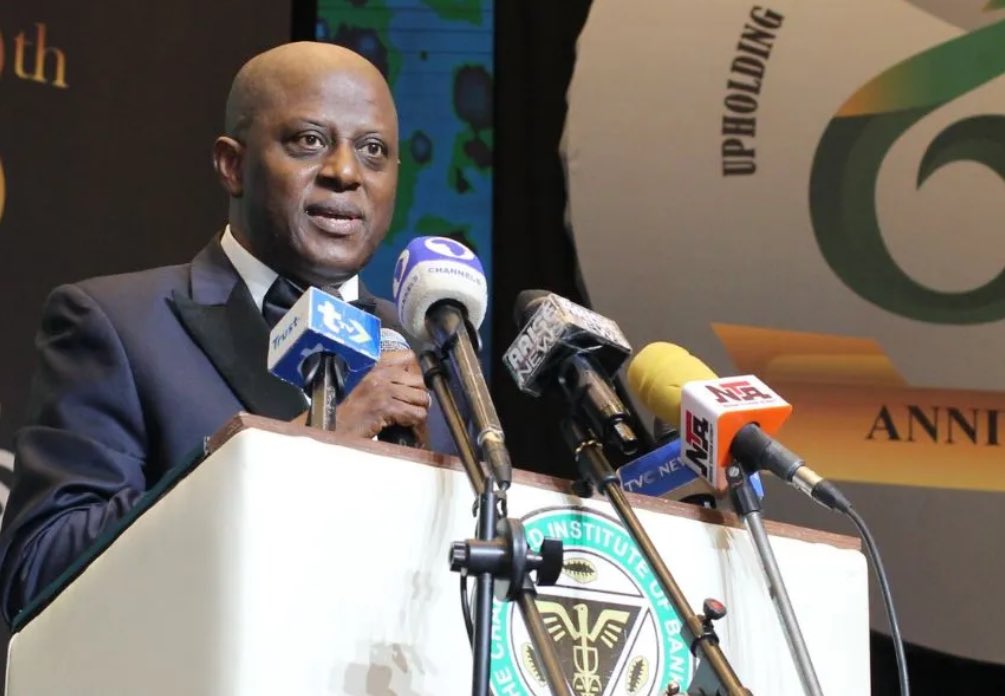Olayemi Cardoso, the Governor of the Central Bank of Nigeria (CBN), has revealed that high-level consultations are ongoing to facilitate Nigeria’s removal from the Financial Action Task Force’s (FATF) “grey list.” This list is part of FATF’s efforts to monitor countries with deficiencies in their anti-money laundering and terrorism financing frameworks.
This announcement follows the Nigerian Financial Intelligence Unit’s (NFIU) recent disclosure that FATF has approved the country’s fourth progress report since being placed on the watchlist. Nigeria, alongside South Africa, was added to the grey list on February 24, 2024. Countries on this list are subject to increased scrutiny and are required to address strategic deficiencies within agreed timeframes.
In discussions with journalists in Washington, DC, during the International Monetary Fund (IMF) and World Bank annual meetings, Cardoso emphasized the importance of Nigeria’s removal from the grey list. “We are consulting at the highest levels to remove Nigeria from the FATF grey list, a key topic in our recent engagement,” he stated.
Progress in Monetary Policy and Economic Reforms
Cardoso also highlighted the CBN’s achievements since he and his team took office a year ago. The focus has been on tackling inflation, restoring investor confidence, and stabilizing the exchange rate. Key reforms have been implemented to enhance financial system provisions, foster financial inclusion, and improve transparency in monetary policy decisions.
“We embarked upon bold and necessary reforms to return to the path of monetary policy orthodoxy and remove observed distortions in the foreign exchange market,” Cardoso said. These efforts have significantly reduced volatility in the foreign exchange market and increased remittances.
The CBN has also introduced an electronic foreign exchange matching system (EFEMS), set to be implemented on December 1, to curb speculative activities and market distortions. This system aims to enhance the CBN’s oversight capabilities, ensuring more effective regulation and transparency in the foreign exchange market.
As of October 8, the CBN reaffirmed its commitment to maintaining a stable financial system and safeguarding depositor funds. These ongoing efforts reflect Nigeria’s dedication to strengthening its financial systems and achieving compliance with international standards, a crucial step towards being removed from the FATF grey list.


